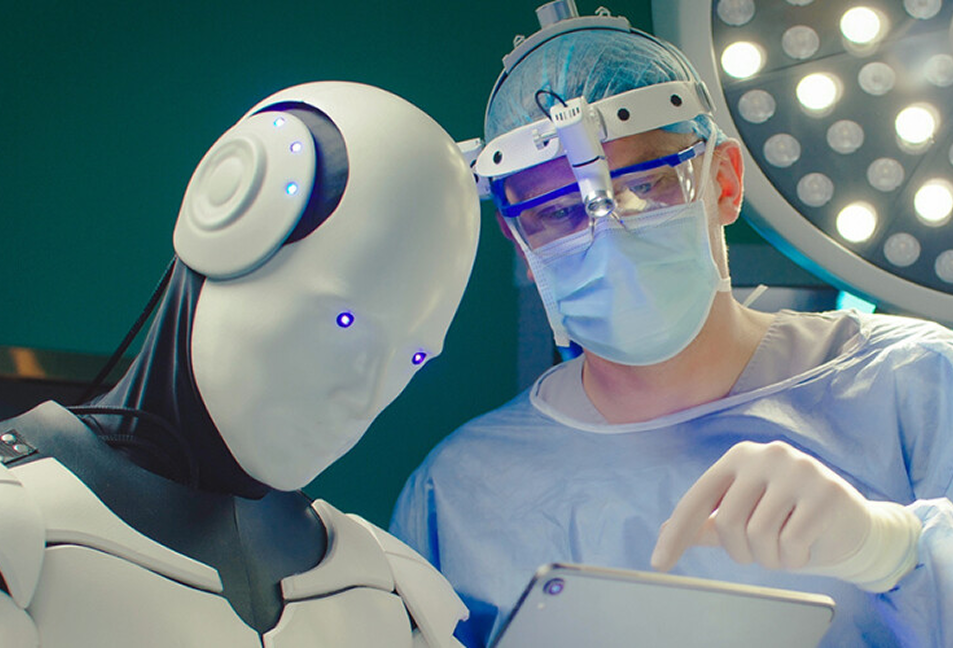Artificial intelligence (AI) is rapidly transforming healthcare in the United Kingdom, offering new opportunities for diagnosis, treatment, patient management, and medical research. AI encompasses machine learning, natural language processing, computer vision, and predictive analytics, all of which are increasingly integrated into clinical workflows and health systems. The adoption of AI in UK medicine is driven by the need to improve patient outcomes, optimise resource utilisation, enhance access to care, and address the challenges posed by an ageing population and rising chronic disease burden.
Diagnostic enhancement and imaging
One of the most prominent applications of AI in UK healthcare is medical imaging and diagnostics. AI algorithms, particularly deep learning models, can analyse complex imaging data—including X-rays, CT scans, MRIs, and ultrasound—with remarkable speed and accuracy. Radiology departments in hospitals across the UK are piloting AI-assisted interpretation systems to detect conditions such as cancer, fractures, and vascular anomalies. These tools help radiologists prioritise urgent cases, reduce diagnostic errors, and improve workflow efficiency. Similarly, AI supports pathology by analysing tissue samples and identifying subtle patterns that might be missed in manual review, facilitating earlier and more precise diagnosis.
Predictive analytics and patient management
Beyond diagnostics, AI is employed in predictive analytics to forecast patient outcomes, manage chronic conditions, and prevent complications. For example, algorithms analyse electronic health records (EHRs) to predict the risk of hospital readmission, disease progression, or adverse reactions to treatments. In the UK, NHS Trusts are exploring AI models that integrate patient demographics, lab results, and lifestyle data to personalise treatment plans and optimise care pathways. These predictive capabilities enable proactive interventions, reduce hospitalisation rates, and support resource planning, which is particularly important in high-demand public healthcare systems.
Clinical decision support and personalised medicine
AI enhances clinical decision-making by synthesising large volumes of medical knowledge and patient data. Decision-support systems provide physicians with evidence-based recommendations, suggest alternative treatment options, and flag potential drug interactions. In the UK, AI-driven pharmacogenomics is enabling personalised medicine, tailoring treatments to an individual’s genetic profile. Such approaches improve efficacy, reduce adverse effects, and advance the concept of precision healthcare. Integrating AI into clinical workflows requires careful consideration of interpretability, transparency, and physician oversight to ensure decisions remain clinically sound.
Virtual health assistants and telemedicine
AI-powered virtual health assistants and chatbots are increasingly used to provide guidance, triage symptoms, and deliver remote care. In the UK, these tools support NHS helplines and digital platforms, helping manage patient queries, schedule appointments, and offer mental health support. During the COVID-19 pandemic, AI-driven triage systems demonstrated their value in directing patients to appropriate care while reducing strain on healthcare facilities. Beyond triage, AI-enabled telemedicine solutions facilitate remote monitoring, chronic disease management, and virtual consultations, expanding access for patients in rural or underserved areas.

